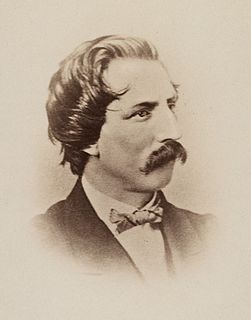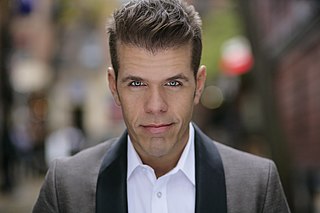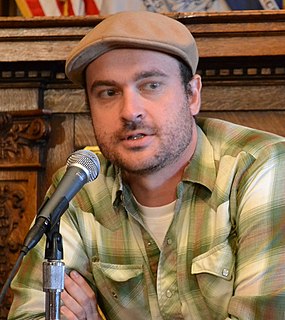A Quote by Bruce Lee
True thusness is the substance of thought, and thought is the function of true thusness. There is no thought except that of true thusness. Thusness does not move, but its motion and function are inexhaustible.
Related Quotes
Hyesims poems: transformative as walking high granite mountains by moonlight, with fragrant herbs underfoot and a thermos of clear tea in the backpack. Their bedrock is thusness, their images beauty is pellucid and new, their view without limit. The shelf of essential Zen poets for American readers grows larger with this immediately indispensable collection.
The mind remains undetermined in the great Void. Here the highest knowledge is unbounded. That which gives things their thusness cannot be delimited by things. So when we speak of 'limits', we remain confined to limited things. The limit of the unlimited is called 'fullness.' The limitlessness of the limited is called 'emptiness.' Tao is the source of both. But it is itself neither fullness nor emptiness
No thought can encapsulate the vastness of the totality. Reality is a unified whole, but thought cuts it up into fragments. Every thought implies a perspective, and every perspective, by its very nature, implies limitation, which ultimately means that it is not true, at least not absolutely. Only the whole is true, but the whole cannot be spoken or thought.
There is an intellectual function in us which demands unity, connection and intelligibility from any material, whether of perception or thought, that comes within its grasp; and if, as a result of special circumstances, it is unable to establish a true connection, it does not hesitate to fabricate a false one.
If form follows function, as we know it does in this Universe, then consciousness will adapt to whatever form it requires in order to function. Hopefully, it will also develop its fundamental function; what that is may be debatable within many schools of thought, but it is indisputable that evolved thinking recognizes the universality of Life.
The conditions of a true critique and a true creation are the same: the destruction of an image of thought which presupposes itself and the genesis of the act of thinking in thought itself. Something in the world forces us to think. This something is an object not of recognition but of a fundamental encounter
I think about life and death a lot. For the longest time I thought this was it, but then I thought maybe reincarnation does exist and we will all come back. My new thought is either of these could be true, but realistically what is going to happen is when you are dead you are not going to know you are dead, so it's not the end of the world.
The most ancient parts of truth . . . also once were plastic. They also were called true for human reasons. They also mediated between still earlier truths and what in those days were novel observations. Purely objective truth, truth in whose establishment the function of giving human satisfaction in marrying previous parts of experience with newer parts played no role whatsoever, is nowhere to be found. The reasons why we call things true is the reason why they are true, for to be true means only to perform this marriage-function.
I feel like I've been lucky that I've never been put in a situation where I had to keep a serious secret. But what is true of me - and has to be true of everyone who's ever been in a family - is that our idealization of reality when we're children always has to fall apart. It's the narratives we didn't know about that pop up and redraw reality. You have to be able to integrate secrets into who you are. My family does not look now like it does when I was a kid. There was divorce. There were family secrets. There was definitely a difference between what I thought was true and what was true.




































